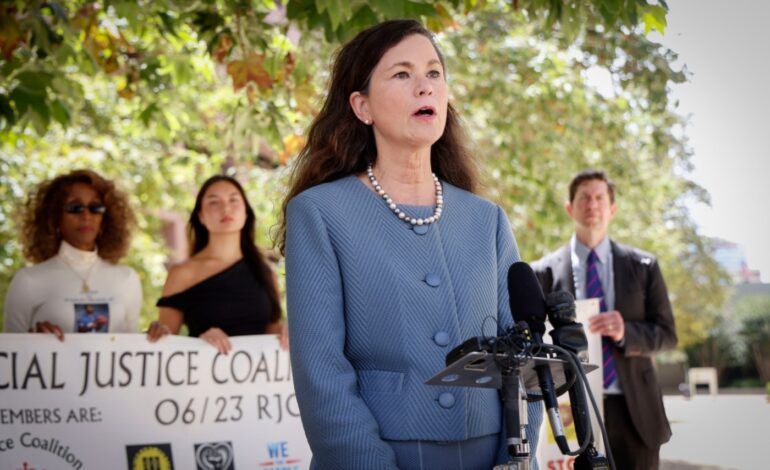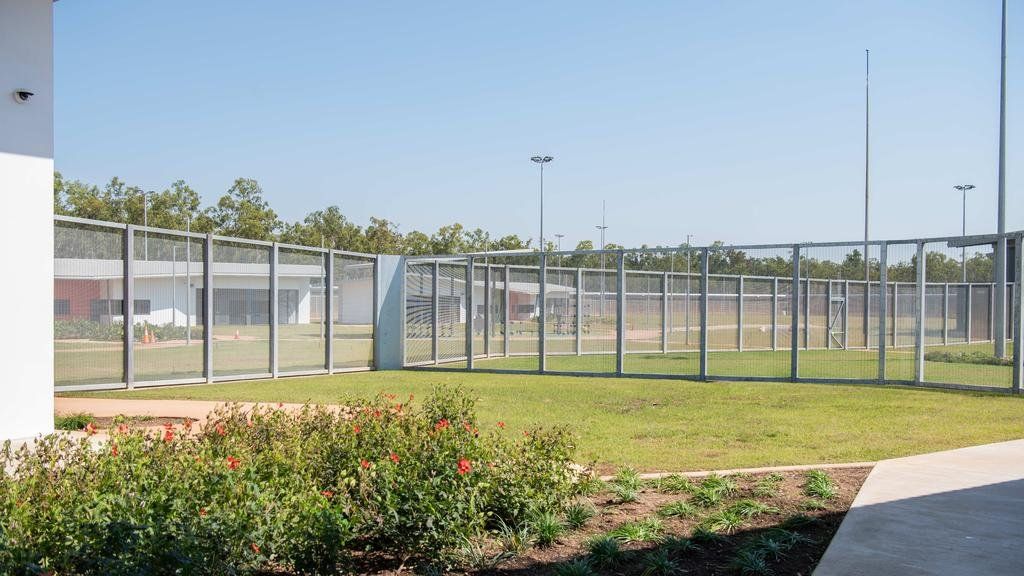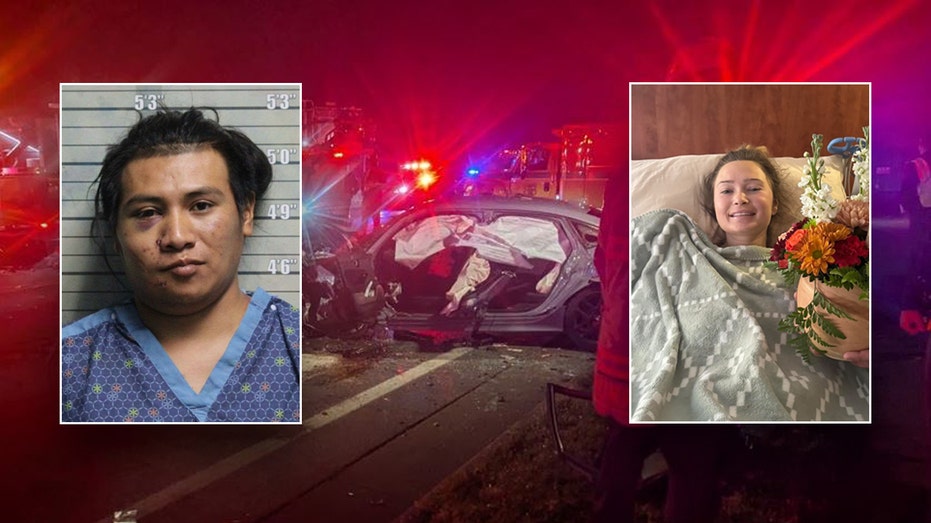Federal Judge Reviews Major Civil Rights Case Against San Diego Jails

A federal judge is currently deliberating on a significant civil rights lawsuit that accuses San Diego County jails of systemic failures in health care and safety. At a hearing on Thursday, U.S. District Judge Anthony Battaglia listened to arguments regarding the case, known as Dunsmore v. County of San Diego, which has expanded from an individual complaint about conditions in the Central Jail to a class-action suit.
Attorneys representing incarcerated individuals highlighted alarming issues such as preventable deaths, chronic understaffing, and inadequate medical care. “People are dying because they’re not getting their insulin. They’re dying because they’re not getting their dialysis,” stated Van Swearingen, a lawyer for the plaintiffs. He emphasized the lack of sufficient medical staff to address these critical needs.
The lawsuit, which received class-action status in November 2023, challenges various aspects of jail operations, including intake procedures, housing classification, sanitation, surveillance, and suicide prevention measures. Judge Battaglia noted the breadth of the claims, suggesting the lawsuit could be likened to nine separate legal actions.
Two primary motions were central to the hearing. The county sought to dismiss most of the plaintiffs’ claims, while the plaintiffs requested the disqualification of several county expert witnesses before trial. Interestingly, the county did not seek to dismiss the plaintiffs’ claims regarding inadequate mental health care, a critical component given the number of in-custody deaths involving individuals with serious mental health issues.
Plaintiffs’ attorneys recently collected sworn statements from three men who reported witnessing the distressing death of a mentally ill inmate at the Vista jail. The defense attorney, Elizabeth Pappy, acknowledged existing challenges within the jail system but maintained that the facilities meet constitutional standards. “The defense position is, there’s enough staff,” she asserted. “It would be lovely to have more staff, but the question is whether the staff that is there is providing adequate medical and dental care.”
The hearing frequently returned to the central issue of whether the plaintiffs had shown that systemic problems existed or if the deaths cited were merely unfortunate isolated incidents. Pappy conceded that mistakes occur but emphasized the volatile nature of the inmate population. “Are mistakes made? Of course,” she said. “But you are dealing with a volatile, sometimes extremely dangerous population.”
In response, the plaintiffs argued that the deficiencies in care are institutional, with the Sheriff’s Office reportedly aware of these issues for years. Experts hired by the plaintiffs conducted inspections and interviews, uncovering patterns of delays in emergency care, poor medication management, and a mental health system that inadequately addresses crises.
“What’s fundamental in this case is that those mistakes are systematic — and they’re not addressed,” Swearingen reiterated during the hearing. The plaintiffs are also contesting the inclusion of six expert witnesses from the county, claiming their methodologies are flawed. Judge Battaglia inquired about the qualifications of these experts, particularly focusing on Dr. Joseph Penn, the county’s mental health expert. Concerns were raised about Penn’s reuse of content from a report related to a separate lawsuit involving Arizona prisons, which had been criticized by a federal judge as “deeply flawed.”
Pappy defended Penn’s work, arguing that it is common practice to draw upon previous material in legal contexts. Battaglia acknowledged the concerns but indicated he required further context to determine if the issues with Penn’s methodology would affect his credibility as a witness.
As the hearing concluded, Battaglia indicated he would issue a ruling on the motions “as soon as possible.” He also asked the attorneys to estimate the length of a potential trial, with the plaintiffs suggesting it could last two months and the defense estimating three. “This is a case of magnitude to both sides,” he noted. “There’s a lot of moving parts.”
The hearing did not address the recent declarations obtained by the plaintiffs from three men who were housed with Corey Dean, the sixth person to die in a San Diego jail this year. These men described Dean’s final days as filled with distress, noting that he banged on his cell door and cried for help without receiving adequate medical care.
Lead counsel Gay Grunfeld stated that these declarations would support the plaintiffs’ demands for improved mental health care and an end to the excessive use of isolation for inmates with psychiatric needs. “We intend to use the declarations in support of our goals of reducing defendants’ reliance on administrative separation for mentally ill individuals,” Grunfeld explained.
One of the witnesses, Jesse Gonzales, who reached out to Grunfeld following Dean’s death, described Dean as being in a state of acute psychosis. He recalled Dean’s desperate behavior, such as flooding his cell and covering himself with feces. Gonzales highlighted the insufficient access to mental health care in the jail, where mental health clinicians would often only check in on inmates to assess suicidal tendencies, offering little in terms of actual counseling or support.
“There’s no actual counseling,” Gonzales described. “Just crossword puzzles and breathing techniques.” He expressed concerns about the conditions in the administrative segregation unit, where inmates face significant limitations on their freedom and mental health support.
Despite fears of retaliation, Gonzales courageously spoke out regarding Dean’s treatment, asserting, “What’s right is right. What’s wrong is wrong. At least I can do one right thing in my life — to seek justice for Corey.”






